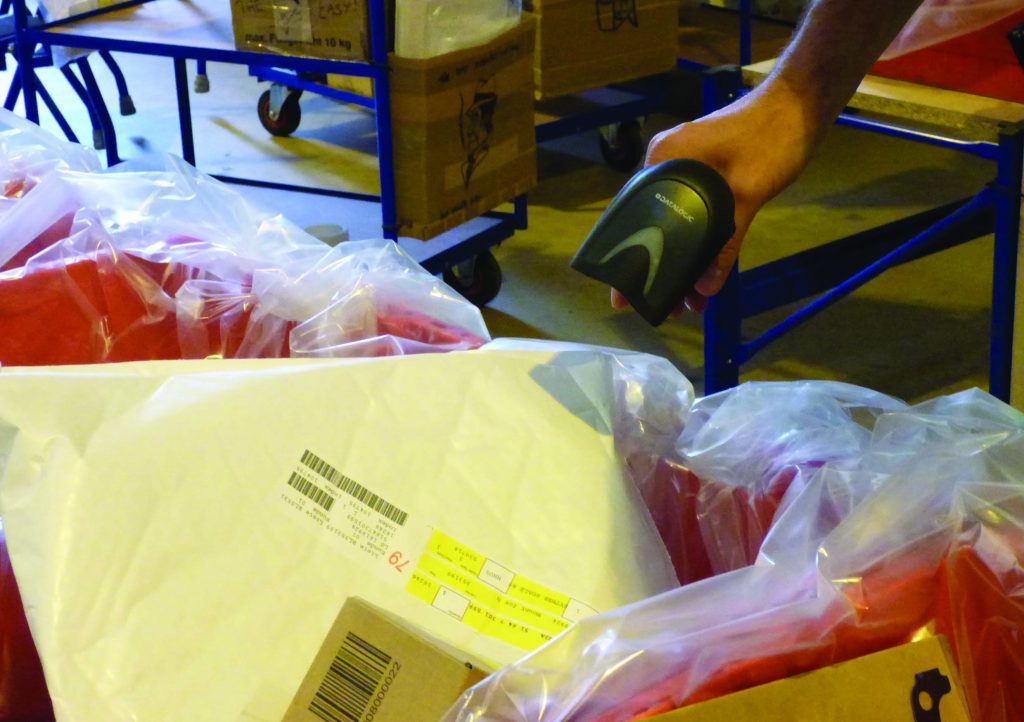Datalogic Boosts RFID Footprint with Stake in R4i
21st November 2017

Datalogic has taken a 20% stake in R4i S.r.l., a company based in Benevento, which develops cutting-edge solutions with RFID technology (Radiofrequency Identification).
R4i, which stands for Research for Innovation, specialises in the development of software algorithms that optimise the performance of systems based on RFID technology, particularly in the Ultra High Frequency (UHF) band, which enables one or more objects, whether static or in motion, to be univocally identified, transmitting a univocal identifier to the receiver.
Datalogic is the first company in the global market to have brought automatic data identification to the retail, logistics and industrial spheres and has been the leader in the fields of barcode reading systems, image recognition systems and other advanced technologies that seek to identify objects, including RFID technology, for 45 years. As regards the latter in particular, Datalogic recognises it one of the most dynamic areas of research and innovation in which UHF technology is becoming an integral and fundamental part of IOT, by enabling objects that are not intrinsically related and do not have batteries to be visible and locatable.
Valentina Volta, CEO of the Datalogic Group, commented as follows on the transaction: “By acquiring this stake, Datalogic confirms that innovation is the key to its growth and that it intends to maintain its leadership not only in traditional barcode reading and image recognition technologies, but also in the complementary object identification technologies. Following the agreement with R4i, Datalogic is now able to extend the development of solutions to RFID technology, improving its competitive position and increasing its presence in the 4 major markets. In retail and manufacturing, through real-time inventory solutions; in healthcare, through medicine anti-counterfeiting solutions and the accurate traceability of tools, equipment, machines and patients; and lastly in the transport & logistics industry – particularly that relating to airports – where RFID tags will be used alongside barcode labels, increasing the overall reading percentage and improving the accuracy and the speed of baggage sorting.”

